41% of all new car
sales in Australia are bought for fleets
In 2022, businesses were responsible for
4.5 million vehicles on Australian roads.
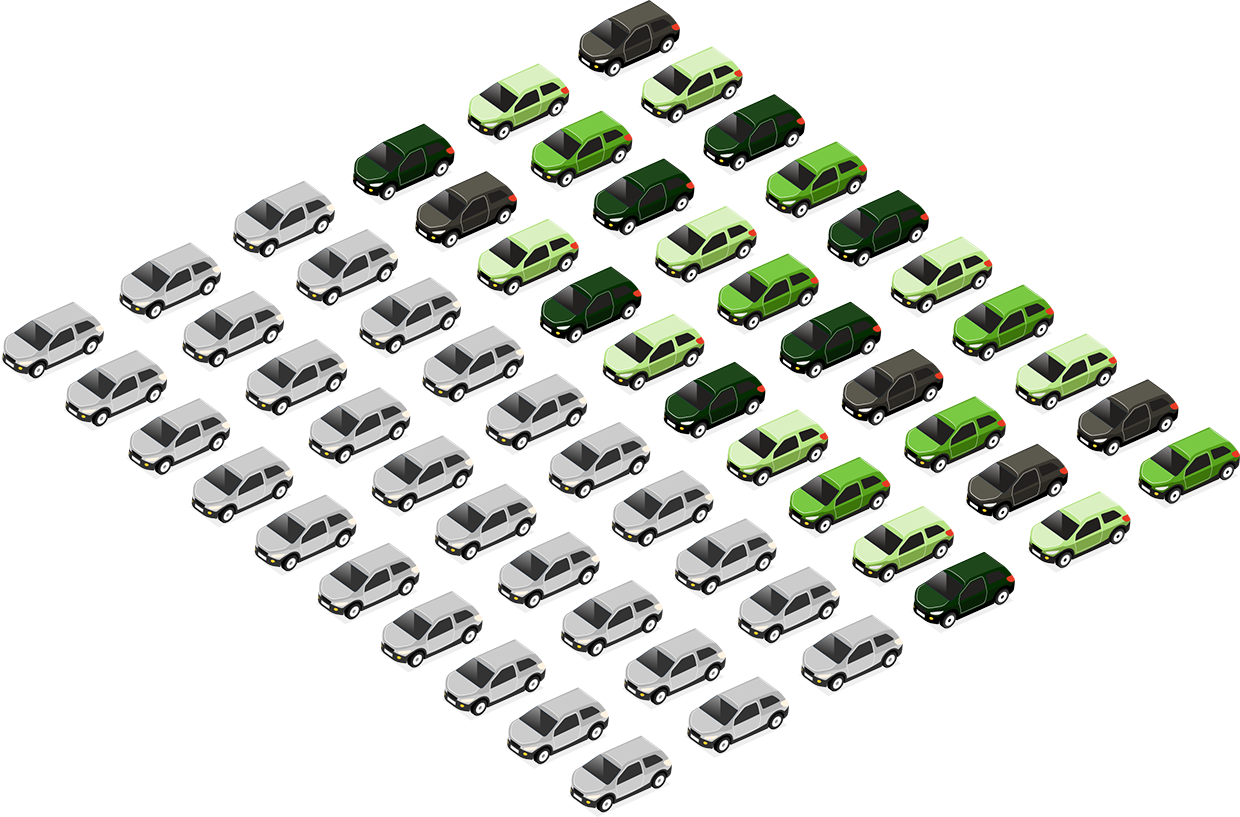
Take Action
Companies have stalled on the road to electric vehicles. It's time we told them Australians want cleaner, quieter streets.
Here are simple 3 things you can do right now to get corporate fleets into gear.

Sign the open letter
Your voice matters. Australian companies need to know that their customers want renewable-powered electric cars and trucks. Let them know you want cleaner, quieter, streets in your neighbourhood.
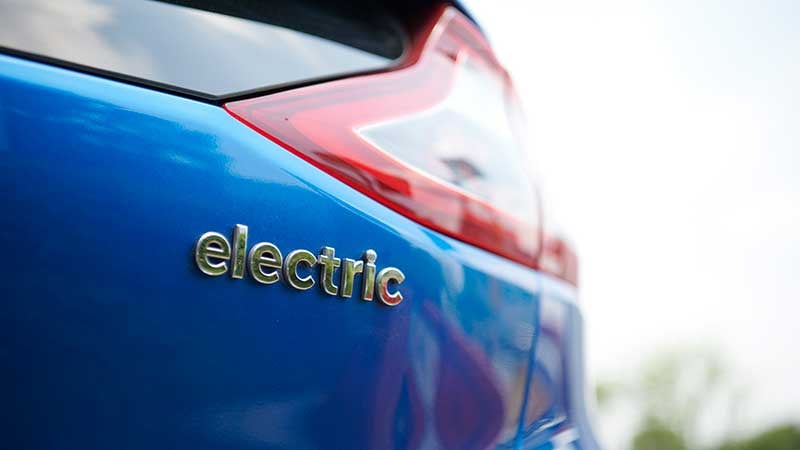
Share on LinkedIn
Spark the conversation in your network by sharing the campaign on LinkedIn and showing companies that renewable-powered electric transport is the way to go!
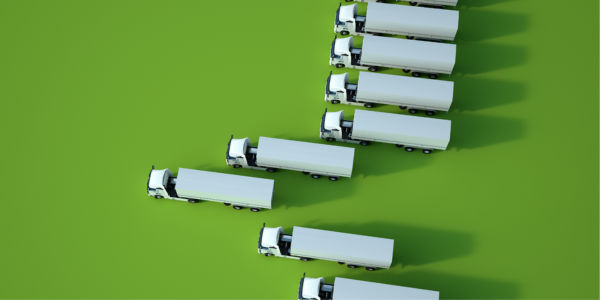
Email the supermarkets
Join the thousands of Australians calling on supermarket giants Coles and ALDI to make a commitment to clean transport.
Why should businesses
electrify their fleets?
| Reduce climate pollution | |
| Save on costs | |
| EVs for all Australians |
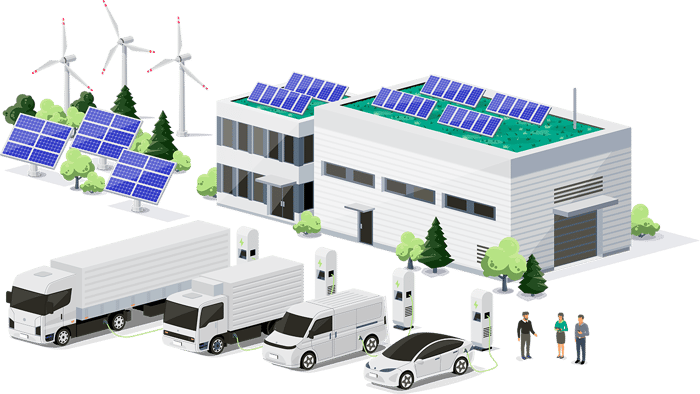
The latest news on electric vehicles

EV charging: How fast is “fast enough”?
This article in The Driven considers how fast is "fast enough" when it comes to electric vehicle charging?
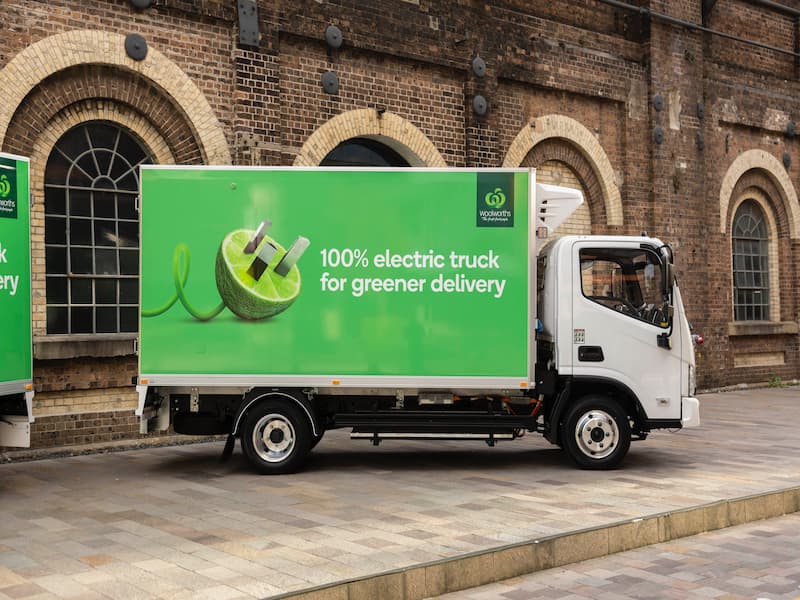
Woolworths commits to 100% electric delivery trucks by 2030
Supermarket giant Woolworths is leading the charge in electric fleets
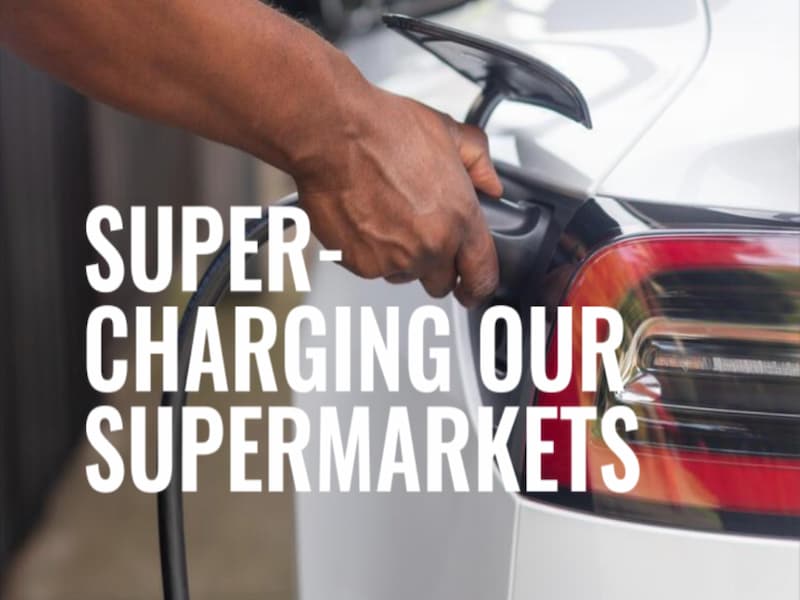
Report: Supercharging our Supermarkets
A new Greenpeace report reveals how supermarkets could triple number of charging points in Australia
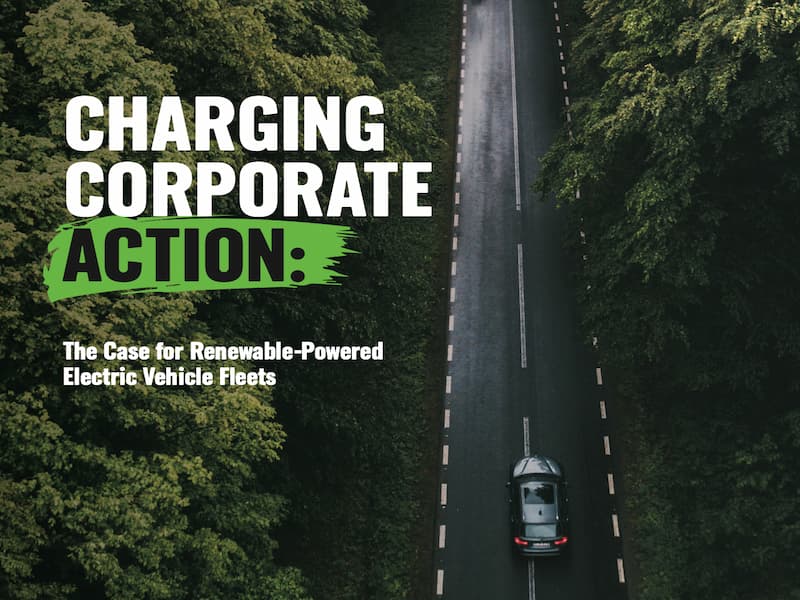
Report: Charging Corporate Action
This Greenpeace report details the case for businesses committing to renewable-powered electric vehicle fleets
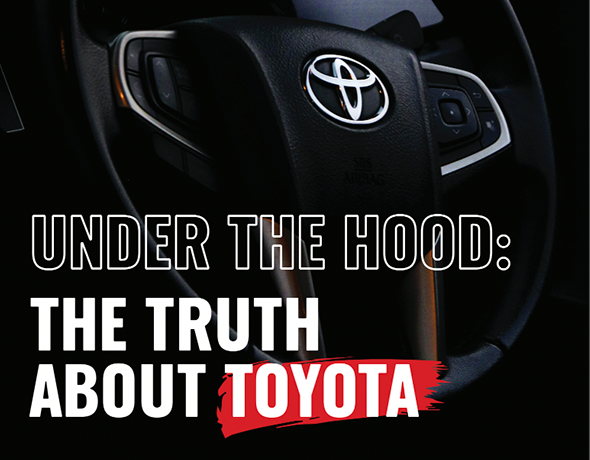
The Toyota Files by Greenpeace
Unearthing the secrets behind Australia's most trusted carmaker

120 Aussie Mayors and Councillors speak up on electric vehicles
120 Aussie Mayors and Councillors spark campaign to fast-track affordable EVs. Read more on local government action via the Cities Power Partnership.

Polestar raises bar for green metals and renewables in EVs.
Polestar slashes CO2 emissions from EVs through green metals, more renewables. Read more at The Driven.

Fleet News Group Podcast
Senior Campaigner Violette Snow talks to Fleet News Group podcast about Electrify Fleets, our new corporate electric vehicles rankings.
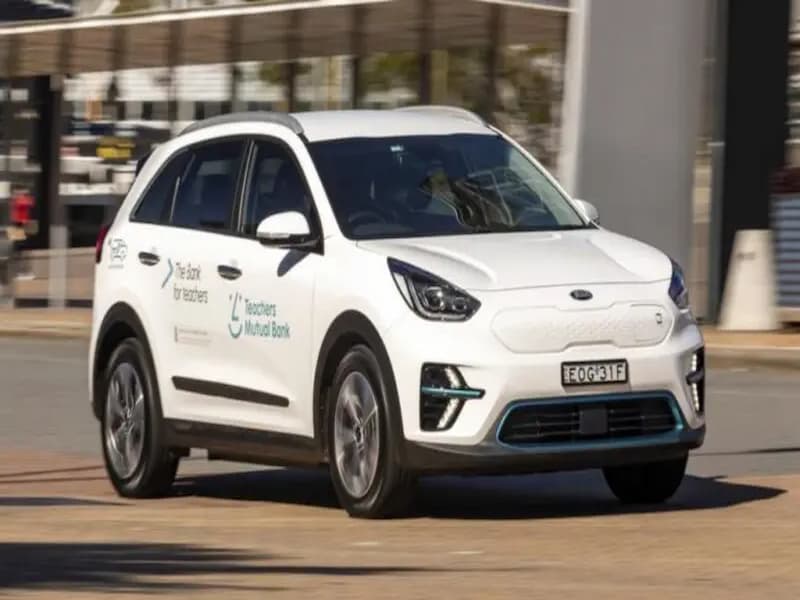
Teachers Mutual Bank commits to 100% electric fleet by 2027
Australian bank commits to 100% EV fleet, saying it will save $29,000 per vehicle

Sydney Morning Herald: Pollution kills more than car crashes
The hidden road toll: Pollution may kill 10 times more than crashes

The Driven: Electric truck manufacturing in Australia
Volvo to start making electric trucks at Australia’s biggest vehicle factory in 2027
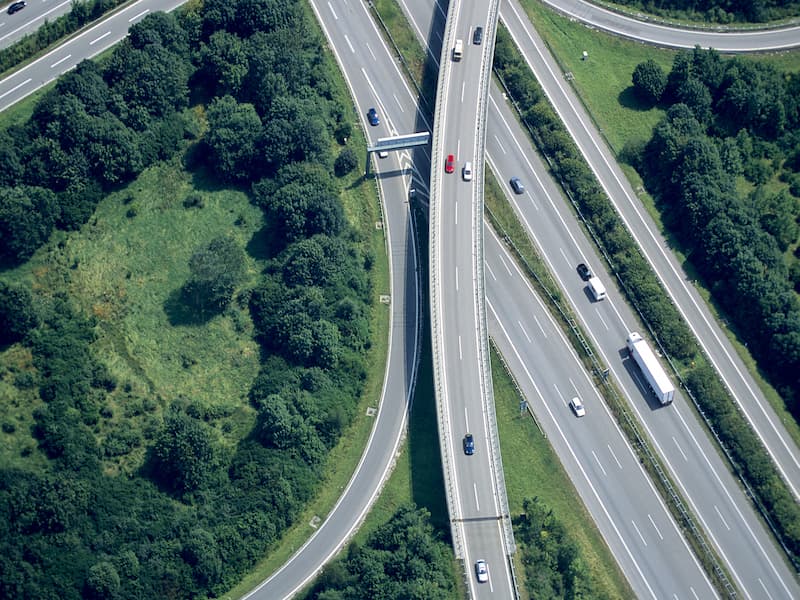
Leading the charge toward cleaner automotive supply chains
A new global campaign to lead the charge towards cleaning up automotive supply chains

Fleet EV News: Australia post happy with Volvo electric truck
Australia Post has taken delivery of its first Volvo electric vehicle
It's time to get our homes, workplaces and communities off oil and gas forever. Head on over to our main Electrify website to see what else Greenpeace is doing in the electrification revolution.
Join the campaign
Whether you’re a customer, a business executive, a staff member – or you just want to see more electric vehicles on our roads – we want you on board with our campaign! Sign up now to get the latest on our Electrify Fleets campaign.
Electrify | Join the Campaign
By signing, Greenpeace Australia Pacific may contact you with campaign updates and how you can get more involved. You can unsubscribe at any time. Your information is safe and secure with us – for more information please see our privacy policy.
Greenpeace Australia Pacific acknowledges and pays respect to Elders past and present, and the Traditional Owners of the lands and waters within our region. We acknowledge the continuation of their cultural, spiritual and educational practices. First Nations peoples are often on the frontline of climate change impacts – with rising sea levels in the Torres Strait and the Pacific, the destruction of sacred Country and diminishing food and water accessibility. The work we do is all about a just, green, sustainable future and we can’t achieve this without Indigenous justice.
All content authorised by Kate Smolski, Greenpeace Australia Pacific, Sydney.

